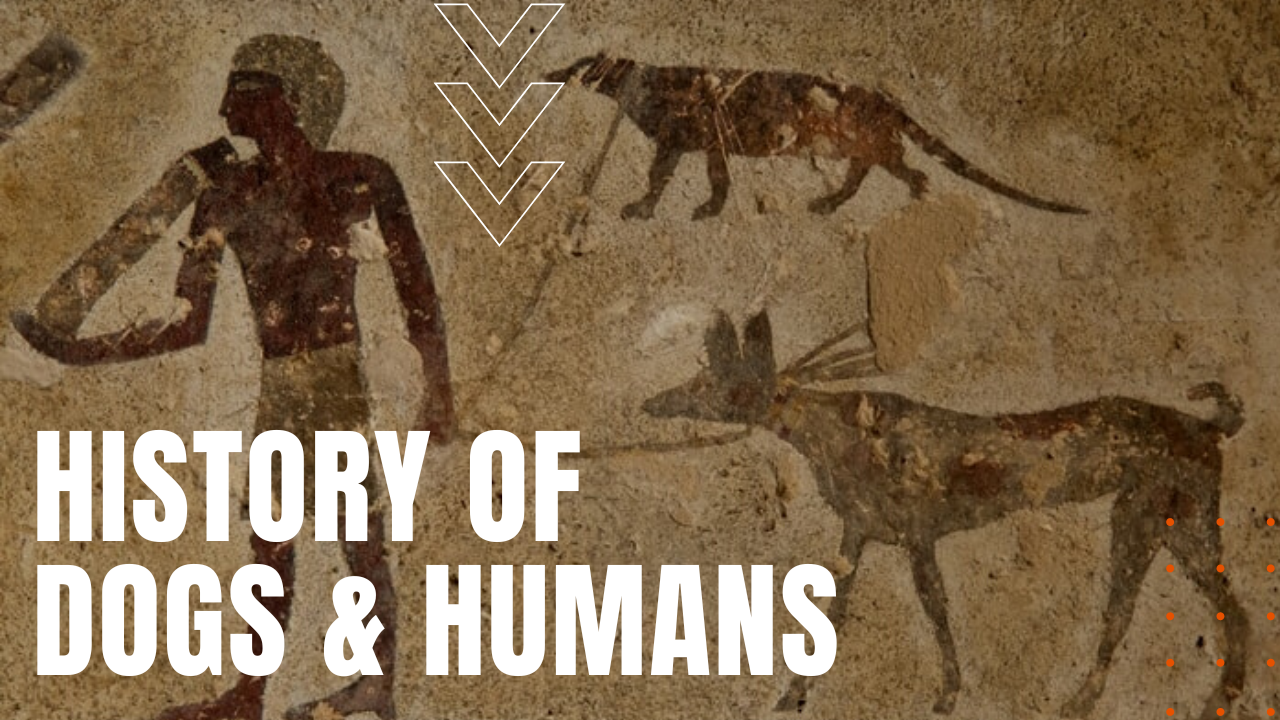The Co-evolution of Dogs & Humans

Tens of thousands of years ago, when multiple species of humans struggled for survival, certain early populations of wolves became attracted to humans and their settlements, due primarily to an easy abundance of food scraps that early man left in their wake. Over the coming millennium, as dogs and human genomes evolved, studies suggest that the friendliest of both species formed bonds of domestication, due in part to a genetic mutation in the original wolf genome.
Evolutionary Triumph
According to Duke University evolutionary anthropologist, Brian Hare, founder of the Duke Canine Cognition Center, he calls the bond between dogs and humans both an evolutionary triumph and a causal link to what he calls the survival of the friendliest.
Hardwired to Understand Humans
After multiple studies comparing the evolutionary differences between domesticated dogs and their wolf brothers revealed that domesticated dogs are much more hardwired to understand humans, researchers have found that while wolves could care less about meeting new people, domesticated dogs have evolved into xenophillic creatures, which is defined as an attraction to foreign people, manners, customs or cultures. In a groundbreaking study by Bridgett vonHoldt, the Princeton University geneticist pinpointed a genetic mutation in a dog’s genome—chromosome number 6—that differed from a wolf’s genome, giving dogs a genetic predisposition to love humans.
Williams Syndrome Explained
She also found the same genetic mutation in humans suffering from a rare condition known as Williams Syndrome, which makes a person exceedingly outgoing and personable to an inordinate extreme.
vonHoldt’s discovery also reveals profound parallels to human evolution, shining a spotlight on how humans became the most dominant species on earth, primarily due to the fact that of the four to five human species that shared the planet 100,000 years ago, homo sapiens are the only ones left, suggesting that modern humans and domesticated dogs survived the rigors of time due to genetic mutations that made both species friendlier and more cooperative than wolves and our now extinct human challengers, making an estimated one billion domesticated dogs alive today, some of the friendliest people on earth.
